ROME — Police used tear gas and water cannons to disperse violent demonstrators in Rome as tens of thousands of pro-Palestinian protesters took to the streets in major European cities and around the globe Saturday to call for a cease-fire as the first anniversary of the Hamas attacks on Israel approached.
Massive rallies were planned in several European cities, with the largest gatherings expected from Saturday to Monday. Events will peak Monday, the date of the anniversary.
In Rome, several thousands demonstrated peacefully Saturday afternoon until a smaller group tried to push the rally toward the center of the city, in spite of a ban by local authorities who refused to authorize protests, citing security concerns.
Some protesters, dressed in black and with their faces covered, threw bottles and paper bombs at the police, who responded with tear gas and water cannons, eventually dispersing the crowd.
The rally in Rome had been calm earlier, with people chanting “Free Palestine, Free Lebanon,” waving Palestinian flags and holding banners calling for an immediate stop to the conflict.
In London, thousands gathered in Russell Square amid a significant police presence. Some of the march’s organizers had said they planned to target companies and institutions they claimed were “complicit in Israel’s crimes,” including Barclays Bank and the British Museum.
The atmosphere was tense as pro-Palestinian protesters and counter-demonstrators, some holding Israeli flags, passed one another. Scuffles broke out as police officers pushed back activists trying to get past a cordon. Fifteen people were arrested on suspicion of public order offenses and assault, London’s Metropolitan Police said.
In the northern German city of Hamburg, about 950 people staged a peaceful demonstration with many waving Palestinian and Lebanese flags or chanting “Stop the Genocide,” the DPA news agency reported, citing a count by police. Two smaller pro-Israeli counterdemonstrations took place without incident, it said.
Several thousands protesters gathered peacefully at Paris’ Republique Plaza in a show of solidarity with the Palestinian and Lebanese people. Many were waving Palestinian flags while holding posters reading ”stop the genocide,” “free Palestine,” and “hands off Lebanon.”
Pro-Palestinian demonstrators also planned to join rallies in Washington, New York’s Times Square and several other cities in the United States as well as in other parts of the world, including Denmark, Switzerland, South Africa and India. In the Philippines, dozens of left-wing activists protested near the U.S. Embassy in Manila, where police prevented them from getting closer to the seaside compound.
Pro-Israeli demonstrations are expected to be held Sunday because Jews across the world are still observing Rosh Hashana, or the Jewish new year.
This year, the emotions will be extraordinarily powerful for many given that the midpoint of the 10 days spanning Rosh Hashana and Yom Kippur is Oct. 7 — the one-year anniversary of the Hamas attack that killed 1,200 Israelis and triggered the ongoing war in Gaza.
High security alerts
Security forces in several countries warned of heightened levels of alert in major cities, amid concerns that the escalating conflict in the Middle East could inspire new terror attacks in Europe or that the protests could turn violent.
Pro-Palestinian protests calling for an immediate cease-fire have repeatedly taken place across Europe and around the globe in the past year and have often turned violent, with confrontations between demonstrators and law enforcement officers.
Italian authorities believed that the timing of Saturday’s rally in Rome risked the Oct. 7 attack being “glorified,” local media reported.
Interior Minister Matteo Piantedosi also stressed that, ahead of the key anniversary, Europe is on high alert for potential terror attacks.
“This is not a normal situation. … We are already in a condition of maximum prevention,” he said.
Ben Jamal, director of the Palestine Solidarity Campaign in Britain, said he and others will keep organizing marches until action against Israel is taken.
“We need to be out on the streets in even bigger numbers to stop this carnage and stop Britain being drawn into it,” Jamal said.
In Berlin, a march is scheduled from the Brandenburg Gate to Bebelplatz on Sunday. Local media reported that security forces have warned of potential overload because of the scale of protests. German authorities pointed to increasing antisemitic and violent incidents in recent days.
Earlier this week in France, Interior Minister Bruno Retailleau warned the country’s regional prefects, expressing concern about possible tensions and saying that the terrorist threat was high.
A tense and bloody year
On Oct. 7 last year, Hamas launched a surprise attack into Israel, killing 1,200 Israelis, taking 250 people hostage and setting off a war with Israel that has shattered much of the Hamas-controlled Gaza Strip.
More than 41,000 Palestinians have been killed since then in Gaza, according to the Gaza Health Ministry, which does not differentiate between fighters and civilians.
Nearly 100 Israeli hostages remain in Gaza, with fewer than 70 believed to be alive. Israelis have experienced attacks — missiles from Iran and Hezbollah, explosive drones from Yemen, fatal shootings and stabbings — as the region braces for further escalation.
In late September, Israel shifted some of its focus to Hezbollah, which holds much of the power in parts of southern Lebanon.

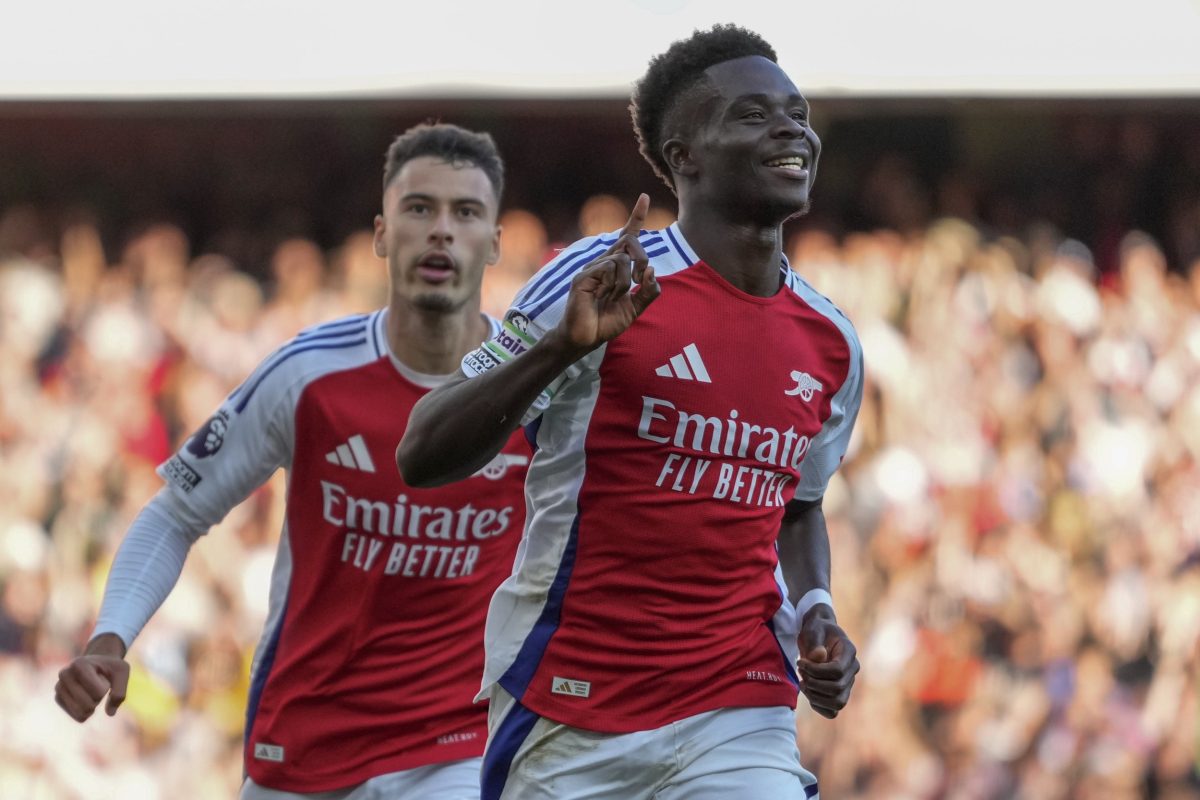


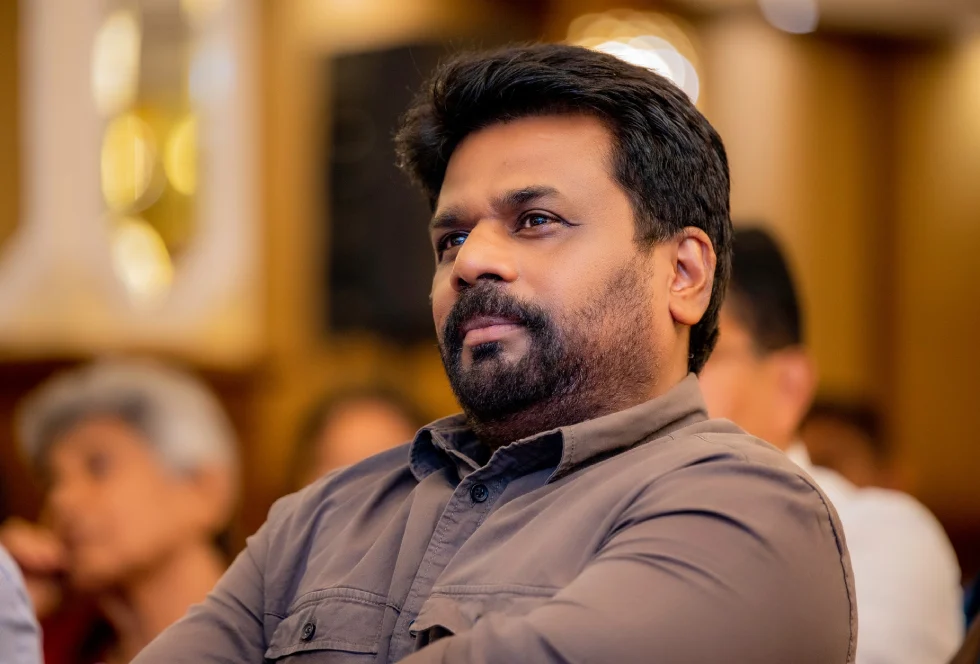
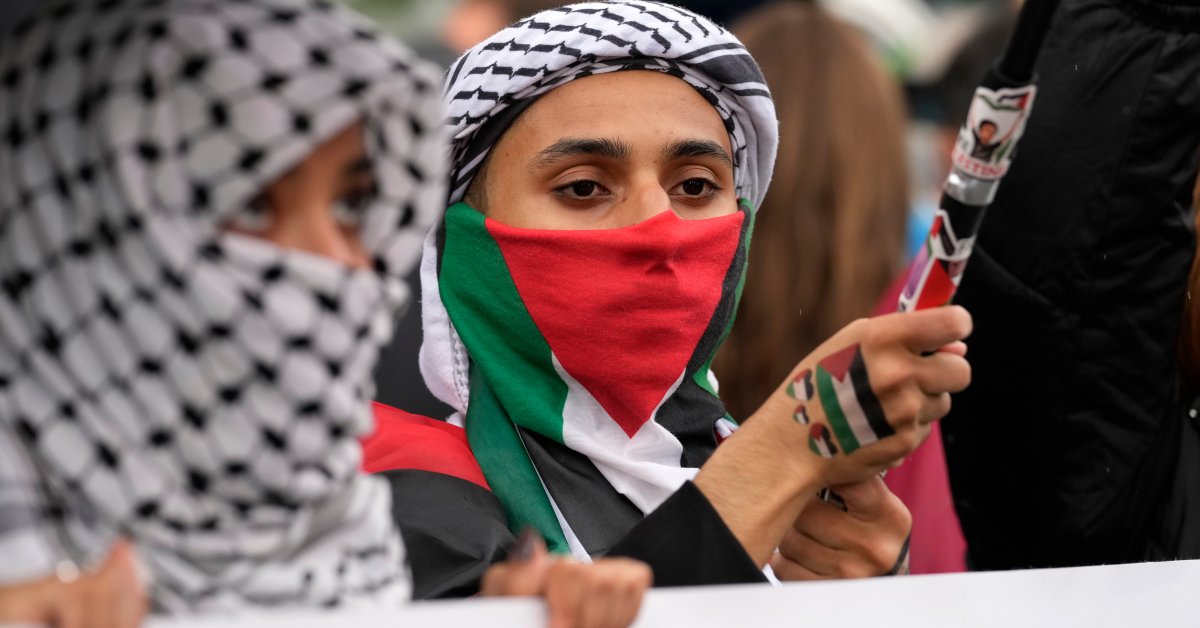


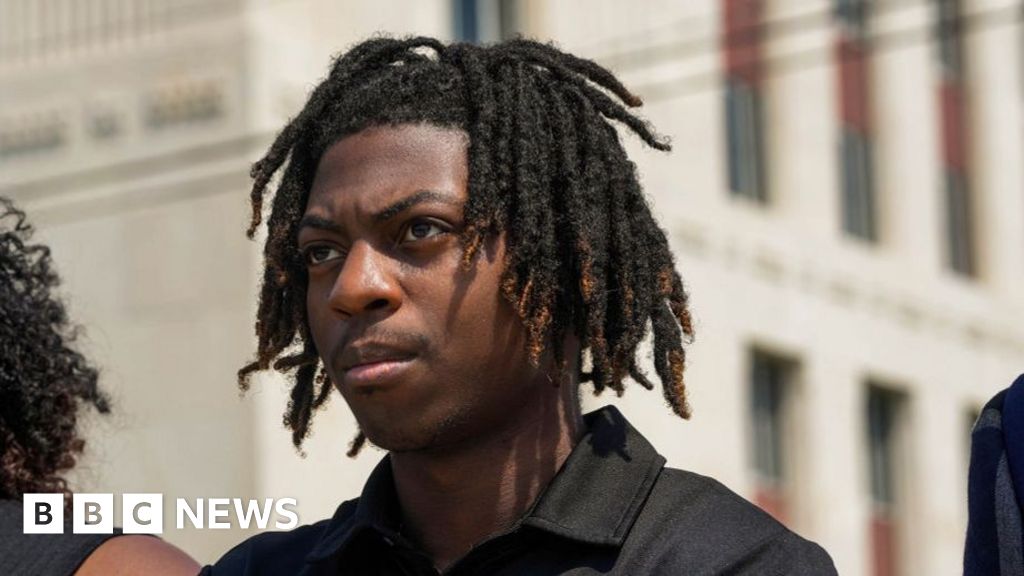
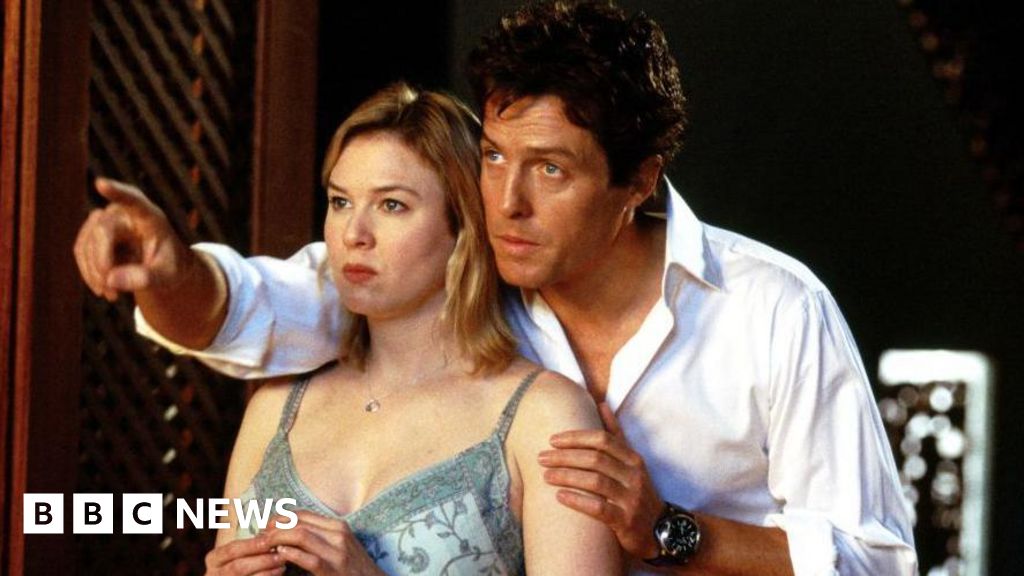



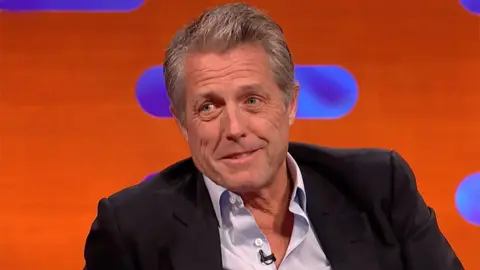






























































































































You must be logged in to post a comment Login